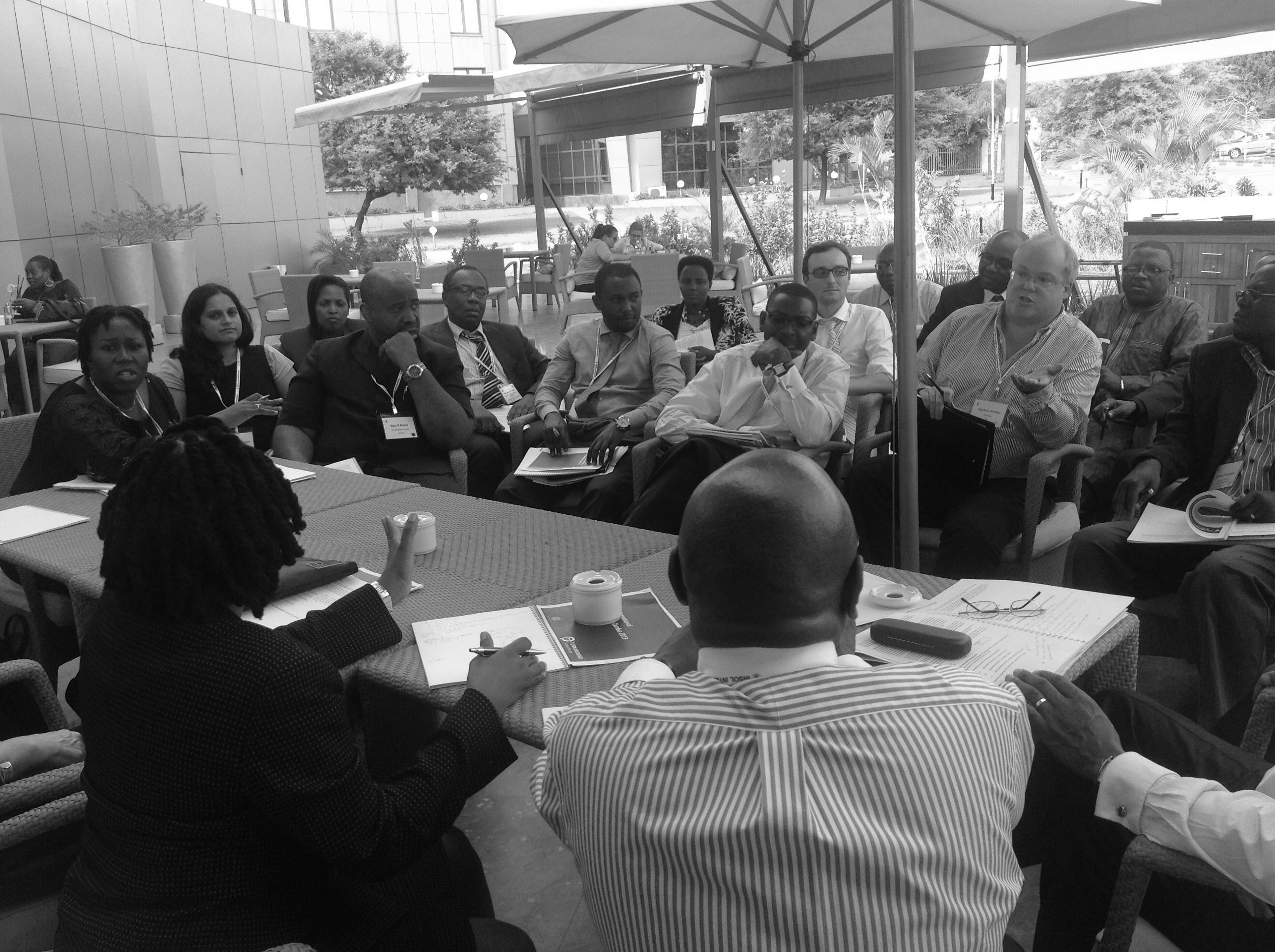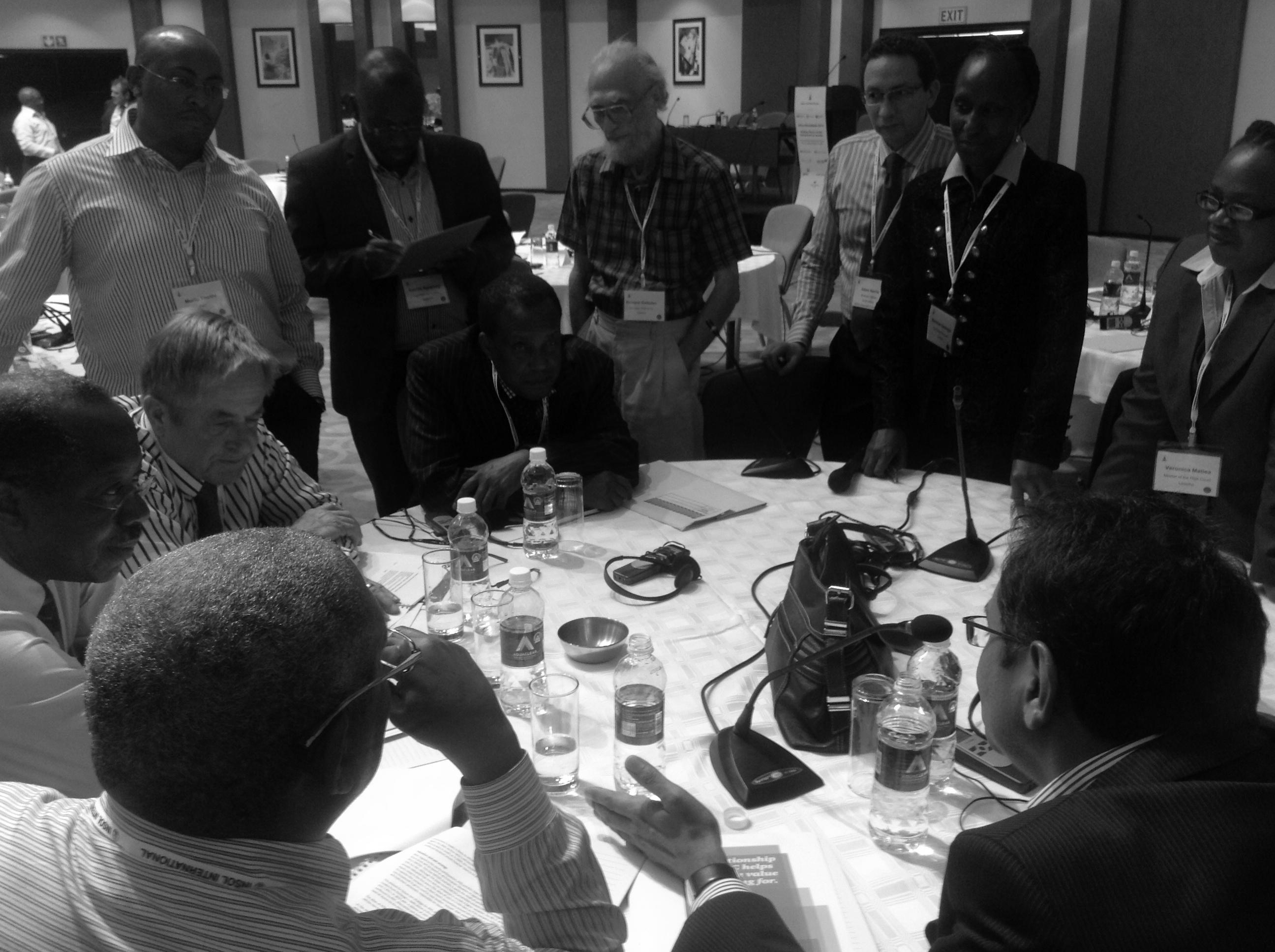Turnaround Powerhouse
ContactPlaying a Workout Game in Zambia
Blog geplaatst door Jan Adriaanse
Should we use simulation games in business executive education? A recent experience in the field of turnarounds, insolvency law and workouts suggests we should.

Last October I was invited to host a so-called “out-of-court workout game” in Lusaka, the capital city of Zambia.
The workshop was part of the annual African Round Table (ART) jointly organized by INSOL International and the World Bank Group, which is working closely with many governments in Africa to assist in strengthening their insolvency and restructuring regimes. This year’s conference theme: “Building Africa’s Credit Environment for Growth: how insolvency regimes can improve the cost and availability of credit”.
In the workshop, a business rescue simulation game was played by participants based on a real-life situation. Two groups of six teams were challenged to solve a life-threatening issue of an African company in financial distress, whereby each team represented the role of management, bank, investor or mediator. The game, which I wrote especially for the conference, is based on Harvard negotiation theory and ADR/mediation principles, as well as game theory (“Nash equilibrium”).
In an adventurous and exciting setting, in which time pressure was also an important element, about 70 professionals participated in the game as if they were involved in a real-life business rescue operation.
A quote from one of the participants, an experienced insolvency lawyer from Cape Town, South-Africa:
“(…) I was so relieved that we finally were able to make a deal, that I started to call my office to stop the litigation process… Then I realized that we were only playing a game… but it felt so real-life… indeed, it was nerve-wracking (…)”.
The teams consisted of insolvency lawyers, judges, restructuring specialists and bankers from, among others: Uganda, Zambia, South Africa, Nigeria, Mauritius and Kenya. The game proved to be an excellent way for the experienced participants to learn more about the complexity of negotiations in the shadow of real-life insolvency law, and how to deal with it more effectively. Also, a great deal was learned about cross-cultural differences and their impact on the chances of success or failure in a company rescue attempt.
When even experienced players in a simulation game feel they really learn more about the complexity of such real-life situations, then we should definitely incorporate such simulation games into the general training of business executives. The sooner the better. And it is fun too.
Jan Adriaanse

